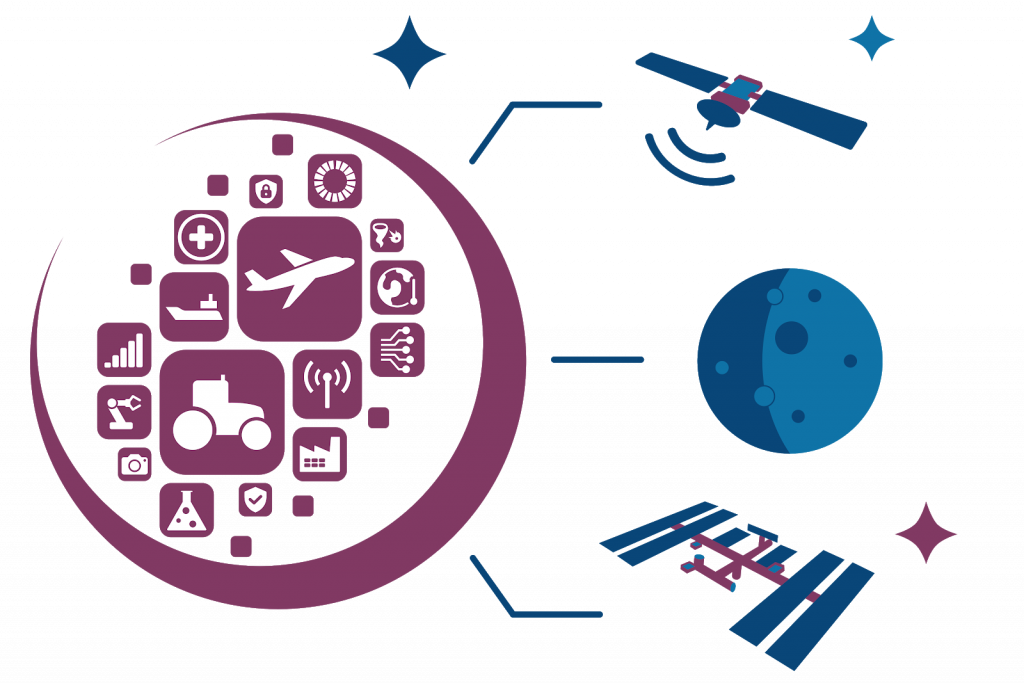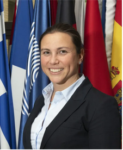Round tables
Four round tables will take place during this year’s SG[France], each benefiting from the insights of experts; allowing participants to think and debate on How to create/develop more synergies between space and other sectors?
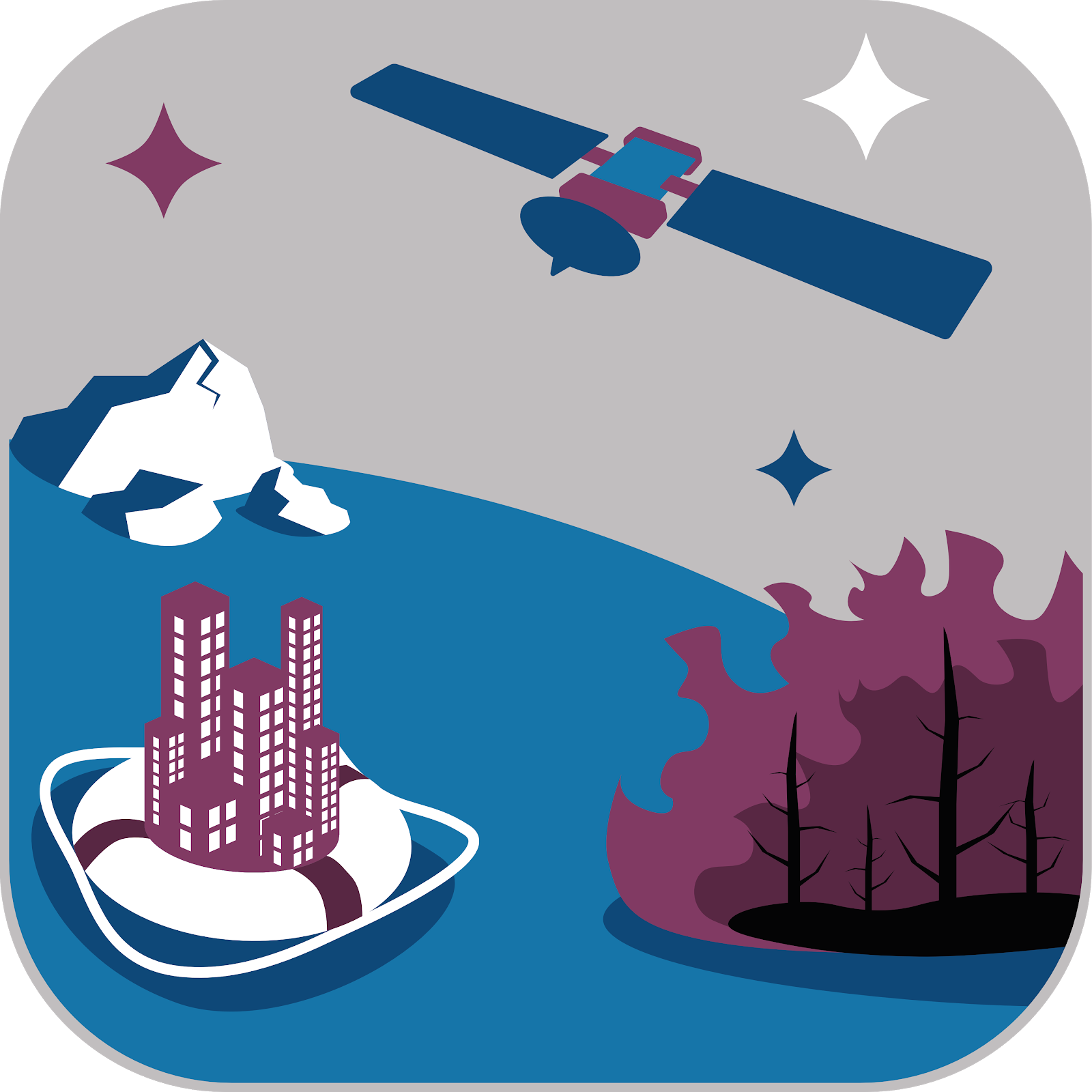
Round table 1 : Satellites for climate change
How can satellites contribute to fighting climate change?
The world is changing fast, the Human’s needs in energy are growing everyday and climate change is going faster and stronger than expected. On every continent we have alarming signs from nature : global warming, waters’ level rising, oceans’ pH being altered, frequency of natural catastrophes increasing…
Nowaday the population is informed about climate change, so the real question for all of us is: how do we react ? What are the current existing solutions ? Space facilities and services are helping in monitoring our climate for many years now, but how to involve them even more?
This round table will on the first hand highlight the international programs settled to tackle this issue as well as the specialized satellites used for this purpose and their specificity. On the second hand, we will discuss new solutions that could be developed in the future and how space data can be used to answer Climate Change.
Experts:
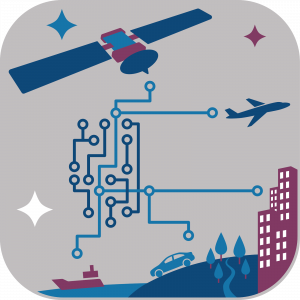
Round table 2 : Space for a more sustainable world
How satellite services of today contribute to designing societies and mobilities of tomorrow?
By 2050, the world’s population will reach 10 billion people and will face a lot of vital challenges for the future of Humanity. Beyond climate change and Earth’s preservation (see Round Table 1), Humanity will have to govern its Earth’s presence regarding these challenges: reorganization of territories and urban centers, governance of natural resources, new mobility and flow monitoring.
At the same time, the number of satellite constellations as well as their associated services (Earth Observation, Geolocation, Telecommunications) will have skyrocketed and will represent one of the major assets to help human beings make better and more sustainable decisions regarding these challenges.
This round table will thus highlight the state of the art and make new recommendations regarding the role of space for more sustainable territories: SMART cities territories, energy and sea preservation, and finally the role of future mobility and transportation.
Experts:
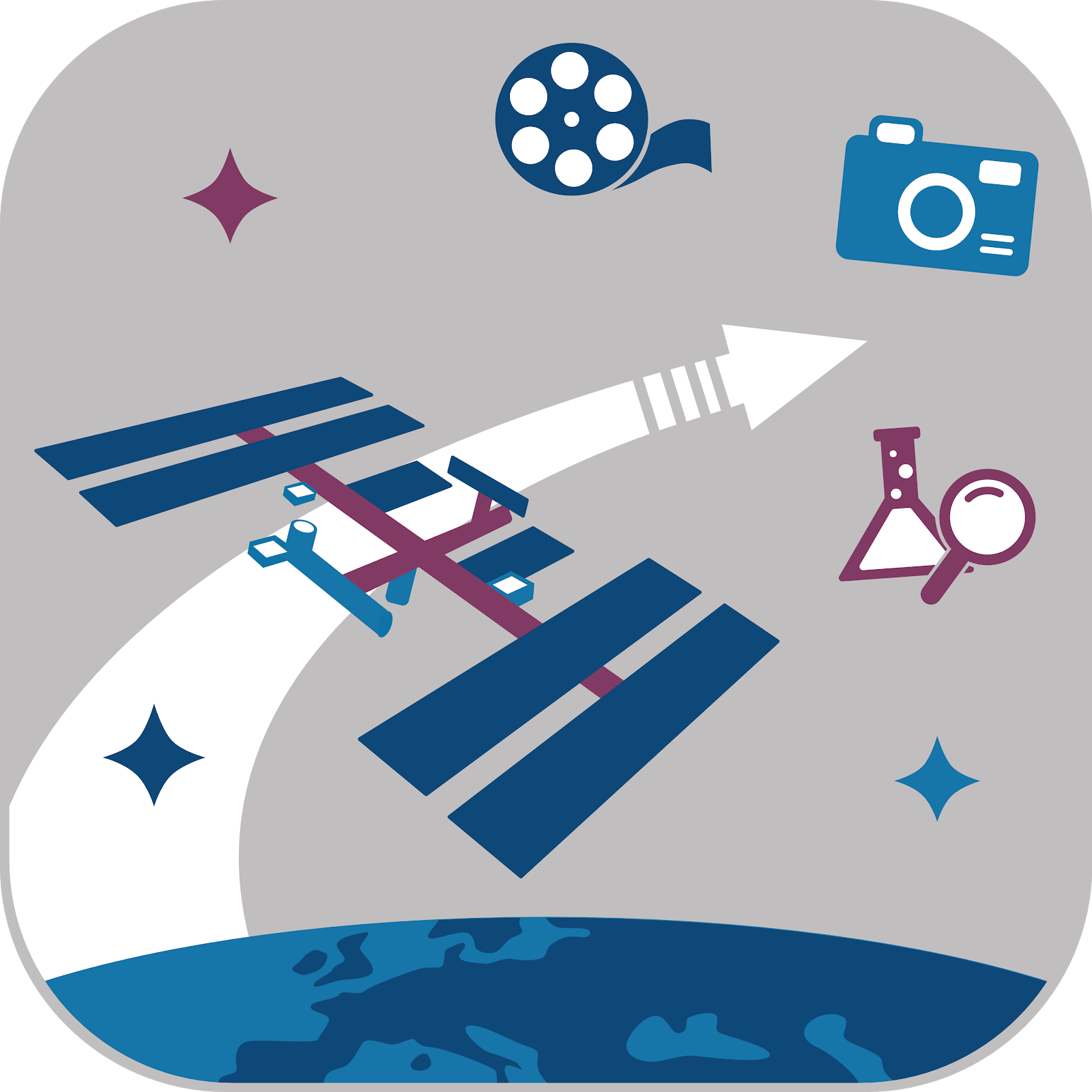
Round table 3 : Future of the International Space Station
How to diversify the ISS activities to create opportunities for non-space sectors from 2025-2030?
Last year, the 20th anniversary of the greatest international project of all time – the International Space Station (ISS) – was celebrated! Twenty years of ongoing human presence in space, of scientific research in a unique microgravity environment and twenty years of acquired experience to deal with future human space explorations… But after all of this, what is next?
The future of the ISS is pending on its investors. Until now, and likely until the mid 2020s, space agencies and mostly NASA, were its contributors. But, due to their new ambitions, and with private businesses starting making their way in the station, things will change.
In this roundtable the goal is to find how to diversify the ISS activities to create opportunities for non-space sectors from 2025-2030. A large spectrum of fields will be considered related to science & technology, to space tourism and to art and culture, to welcome all kinds of plausible propositions coming from you!
Experts :
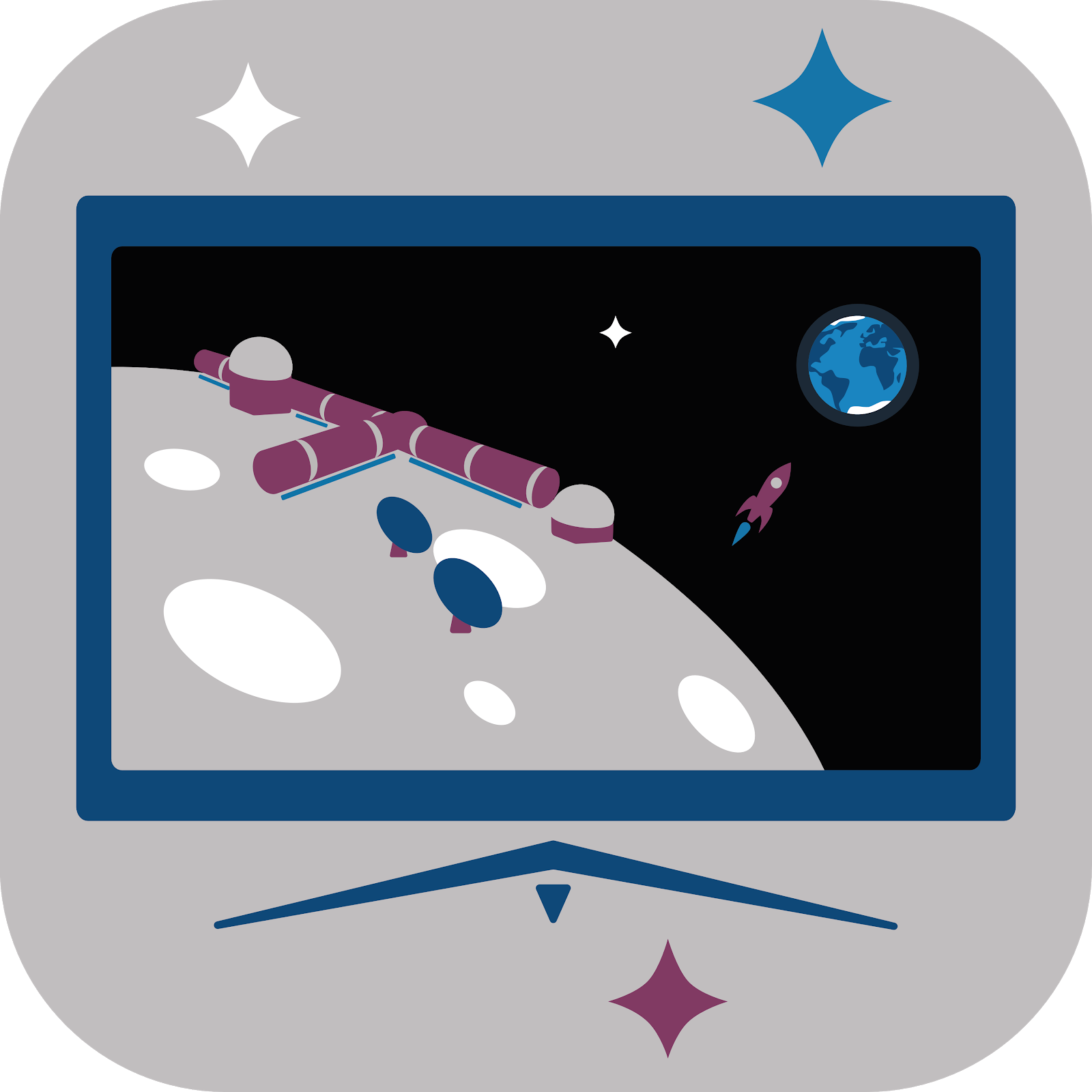
Round table 4 : Non-space sector’s collaboration with lunar exploration
How to build a lunar ecosystem, involving non-space actors, which contributes to applications on Earth?
An increasing number of lunar missions is planned in the 2020’s, to build sustainable infrastructure to live and work on the Moon. This requires to create an ecosystem involving many sectors (transportation, energy, resources, communications, health, entertainment). As technology progresses, companies develop new business models, products and services that foresee a lunar ecosystem. Public Private partnership, international cooperation and inspiration are key factors to enable these collective endeavours, supported by communication and entertainment.
All these aspects already exist in many different sectors: gathering the know-how, best practices and participation of these non-space actors is essential to build a sustainable lunar ecosystem. In addition, such a diverse ecosystem will open the door to diversified applications and benefits to better support life on Earth.
This round table will focus on the creation of this lunar ecosystem and its applications on Earth through: 1) Benefits from lunar resource utilization and 2) Benefits from lunar human exploration, as well as 3) How can we communicate about the next lunar adventures?

